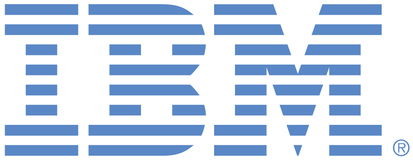
This is an IBM Automation portal for Integration products. To view all of your ideas submitted to IBM, create and manage groups of Ideas, or create an idea explicitly set to be either visible by all (public) or visible only to you and IBM (private), use the IBM Unified Ideas Portal (https://ideas.ibm.com).
Shape the future of IBM!
We invite you to shape the future of IBM, including product roadmaps, by submitting ideas that matter to you the most. Here's how it works:
Search existing ideas
Start by searching and reviewing ideas and requests to enhance a product or service. Take a look at ideas others have posted, and add a comment, vote, or subscribe to updates on them if they matter to you. If you can't find what you are looking for,
Post your ideas
Post an idea.
Get feedback from the IBM team and other customers to refine your idea.
Follow the idea through the IBM Ideas process.
Specific links you will want to bookmark for future use
Welcome to the IBM Ideas Portal (https://www.ibm.com/ideas) - Use this site to find out additional information and details about the IBM Ideas process and statuses.
IBM Unified Ideas Portal (https://ideas.ibm.com) - Use this site to view all of your ideas, create new ideas for any IBM product, or search for ideas across all of IBM.
ideasibm@us.ibm.com - Use this email to suggest enhancements to the Ideas process or request help from IBM for submitting your Ideas.

To be clear, persistent and non-persistent messages on shared queues are retained and are available via other queue managers if a queue manager in the queue sharing group fails.
If application structures fail, then persistent messages are automatically recovered from the queue manager logs and structure backups.
If you want to access messages from shared queues from the logs manually, for other purposes, then you can already do that using CSQ1LOGP and CSQ4LOGS, but you have to run the utilities against each queue manager to get all the messages from the shared queue. This information was provided in the referenced case.
It looks like this idea was raised before the correct information was returned to you in the case, therefore I don't believe this idea is needed. Please reopen if you disagree.